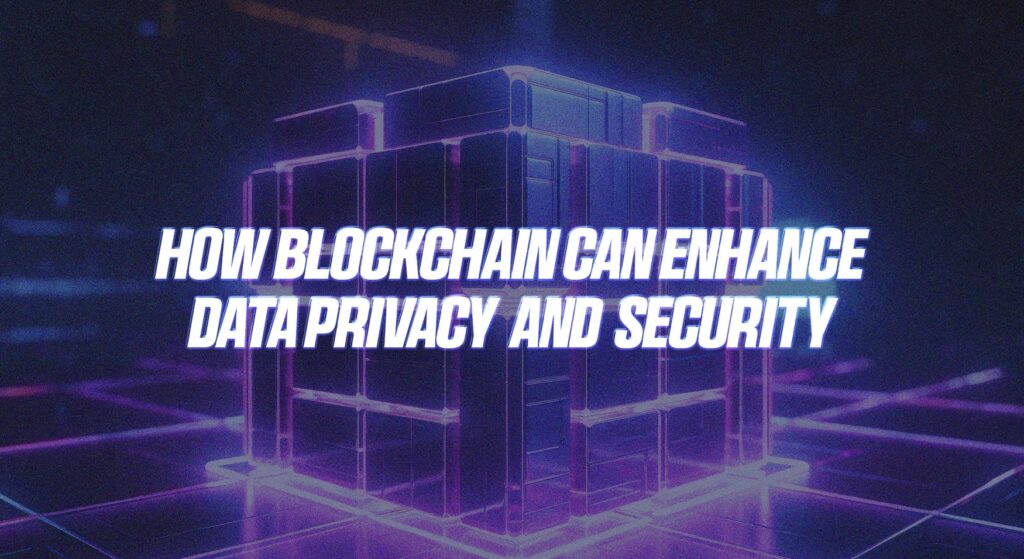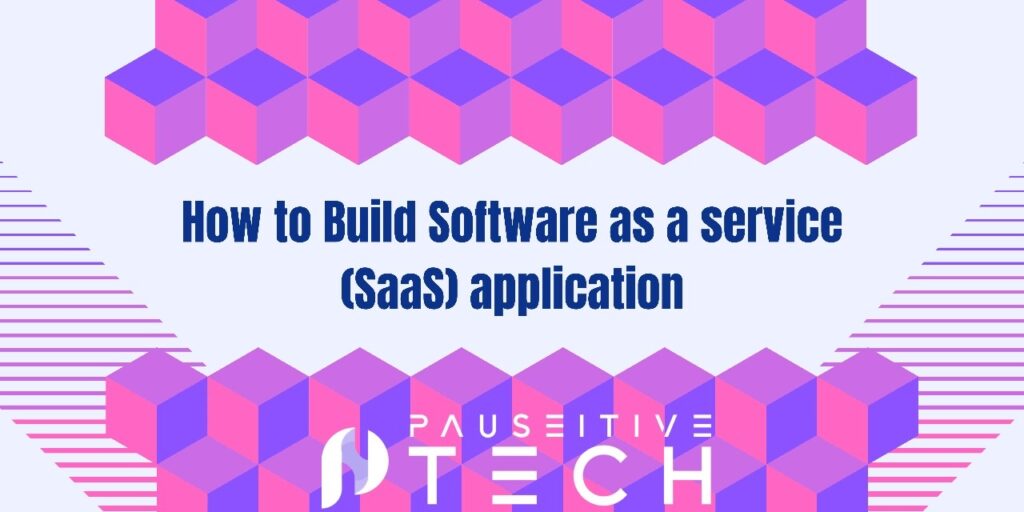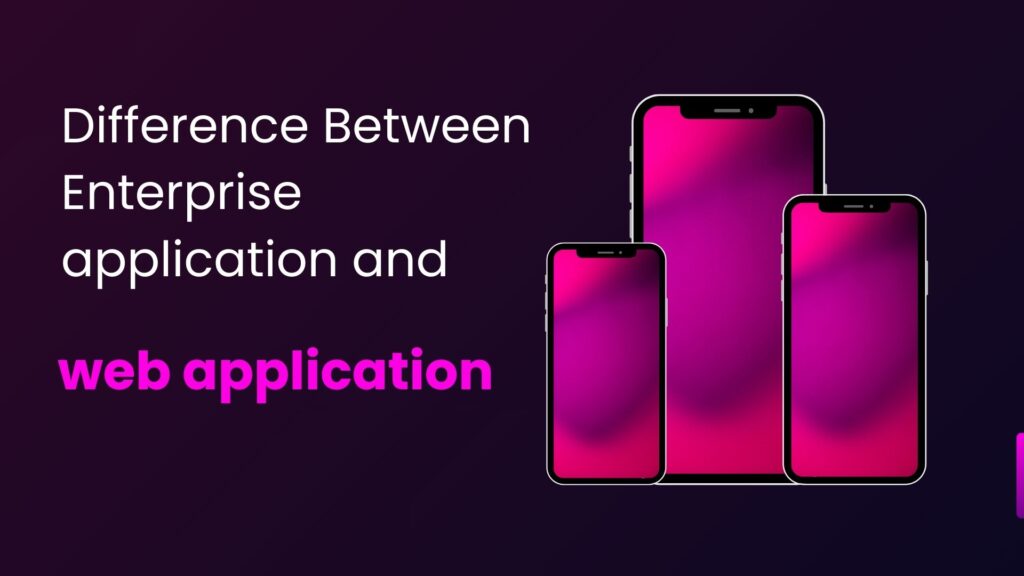As more sensitive data is collected and stored digitally, concerns about data privacy and security have become a major issue for individuals, organisations, and governments. Data breaches have become increasingly common, causing significant financial losses and damage to reputation. People are not aware about how blockchain can enhance data privacy and security.
In recent years, blockchain technology has emerged as a promising solution to enhance data privacy and security. Originally developed for cryptocurrencies such as Bitcoin, blockchain technology has the potential to revolutionise the way data is stored and managed. In this article, we will explore how blockchain can enhance data privacy and security.
Enhance Data Privacy and Security with Blockchain

What is Blockchain?
Blockchain is a digital database that incorporates the use of numerous participants to store information about digital transactions instead of a central authority. In developing its consensus, each transaction on the blockchain is protected through cryptography, thus discouraging hackers from manipulating the records. It ensures that there is a registry that enables all the stakeholders in the particular transaction to enjoy equal access to the records, thus fostering transparency and security.
How can Blockchain enhance Data Privacy?
At the same time, the key benefits of blockchain include the capability for data protection and privacy that characterises it. In traditional database models, most large and key data are stored in block format and can easily be compromised if an unauthorised person gains access to them. While block chain, for example, distributes data on a network where it’s extremely difficult for a hacker to get close enough to the data to manipulate it.
Also, to protect the information, encryption algorithms are implemented in the blockchain to allow only the authenticated individuals to access the data. This also affords an extra layer of protection against susceptibilities to cybertrails and data loss.
How can Blockchain enhance Data Security?
Indeed one of the key strengths of blockchain is in the way it can protect data from outside interference. In conventional databases, the security of data is generally achieved by storing a copy of the data in a secure place and allowing access to all copies of the database from a single site; this makes the data vulnerable since anyone who gains access to the site where the data resides can easily gain unauthorised access to the data. While blockchain decentralises data across nodes and thus cannot be falsified by hacker interventions, AI relies on algorithms which form the basis of its functioning and decision-making.
In the same way, blockchain employs cryptographic algorithms to protect the data and guarantee that only specific known persons will have access to it. This gives an additional layer of security against recurrent cyber-attacks and leaks of essential data.
Blockchain and Regulatory Compliance
A final key benefit of blockchain is compliance with regulatory frameworks. Today, there are countless rules and policies regarding the protection of personal information and identity, which makes compliance difficult for companies. Blockchain technology offers transparency and audibility, which makes it easier to align it with regulatory frameworks like GDPR and HIPAA.
Use Cases for Blockchain in Data Privacy and Security
Blockchain adoption has already been seen several times, and it has been used to improve data privacy and protection features. For instance, in the healthcare sector, blockchain is applied to identify a suitable cloud environment to implement patient records and share them between patients and healthcare providers. It also helps enhance the privacy of patients’ data, minimising the chances of fraudulent activities in the medical field and identity theft.
Another example is supply chain management, which is being applied in methods to monitor and record products from the manufacturer to the consumer. Since each transaction is recorded on the blockchain, the entire end-to-end supply chain becomes transparent, with minimal chances of compromise through counterfeiting and substandard products and complete privacy for all the parties involved. You may now understand how blockchain can enhance data privacy and security.
Immutable and Decentralized Data Storage
Another important aspect that is characteristic of blockchains is data storage, which is distributed and cannot be altered. Blockchain networks are present within several nodes in a network so that one party cannot alter or control the content of data. Every data block within a chain has a hash code that connects with the previous block and affirms all transactions’ integrity.
This feature makes blockchain suitable for storing sensitive data such as identity, health records, and transaction records. Traditional databases are centralized and can be hacked, making the stored data vulnerable; however, blockchain is distributed, and this structure protects it from hacking.
Enhanced Data Encryption
The advanced encryption techniques help Blockchain technology to safeguard data and personal information. Every transaction made inside the blockchain will be encrypted and tied to the next allowing formation of blocks of encrypted data. Employing public and private keys provides an extra measure of security in that only the holders of the proper private key can gain access to such information.
This level of encryption makes it very difficult for hackers to penetrate the system and commit data theft. Still, even if hackers can infiltrate such companies and organizations, it locates all its data in the blockchain form and anything that is entered on the blockchain cannot be as easily decrypted as one might wish.
Improved Access Control and Transparency
Information can easily be accessed by unauthorized personnel in different centralized databases for conventional databases. Blockchain technology also allows only the rightful owner to view or access any data that requires the use of and specific private key. This avoids cases where data gets to be opened or modified by external factors.
Furthermore, the use of blockchain is also characterized by the highest form of transparency through which all the activities or transactions can be monitored in real time. It also enhances control since there is an independent evaluation and quick identification of any security threats.
Smart Contracts for Secure Data Sharing
In addition to the integration of privacy coins, here, is how smart contracts can improve data privacy and security by blockchain. These smart contracts are digital, and self-executing contracts that enable the closing of transactions as per the agreed-upon terms. This means that the information or data that cannot be exposed to a third party can easily be exchanged between the two without the interference of an outsider.
Smart contracts also include mechanisms of access control because only the user with the right private key can communicate with the contract and retrieve data. It eliminates chances of unauthorized accessibility to confidential data and helps in maintaining the security of such data.
Case Studies and Real-world Applications
There can therefore be an exploration of real applications of blockchain technology for the improvement of data privacy and security. Several industries have already started adopting the solution through blockchain technology with the following outcomes. For example, in the healthcare sector, there is the use of blockchain technology to maintain patients’ records and share them without unauthorized access to patients’ sensitive details. In the same manner, the financial industry applies the blockchain system to execute transactions in a way that minimizes fraud and hacking occurrences.
In the supply chain context, blockchain adds transparency and immutability to transactional records through decentralization. It is especially useful in identifying fake products hence discouraging companies from releasing substandard duplicates in the market. Governments are also keenly considering the implementation of blockchain technology in developing a secure voting system whose integrity cannot be altered.
Future Prospects of Blockchain in Data Security
Based on the current rate at which developments are being made in the field of blockchain technology, the use case in data privacy and security is also projected to increase. It relates to modern ideas like blockchain For Identity and Decentralized storage solutions to ponder upon data protection anew. Such improvements may help lead to enhanced safety levels, further increasing the credibility of interactions that take place over the Internet. Thus, we need to monitor the progress in this industry and utilise the potential of blockchain to improve data protection measures. Instead of using traditional means, introducing blockchain can enhance the security measures to safeguard personal data effectively. Still, with blockchain being decentralised, transparent, and secure, the technology could significantly improve the current methods of preserving our information in the digital world.
Therefore, it can be said that blockchain is already thriving in its attempt to improve data privacy and security but there is still a long way to go in realising its potential. Seeing the growing popularity of this technology across industries and organisations, it might be expected to witness further development and innovation in the sphere of data security. Blockchain applications in data security are set to revolutionise business in the future as more cybersecurity threats surface thus the need to remain relevant to emerging trends. So keep on discovering more about the potential uses of blockchain and data protection, and perhaps, you may be part of the creation.
Conclusion
Therefore it could be said that this technology is capable of increasing data privacy and security in different sectors to a significant extent. Due to its decentralised structure, strong encryption algorithms, and consensus mechanism, it is indeed a safe and reliable means of storing and preserving confidential information. One can thus conclude that future improvements in data privacy and security will be driven by the ongoing advancements in the technological landscape as more organisations and governments adopt blockchain solutions. Therefore, it is imperative that all stakeholders in modern societies remain abreast of these new technologies and exercise measures to guard our information. For more any query, you can contact with Pauseitive.Tech.




